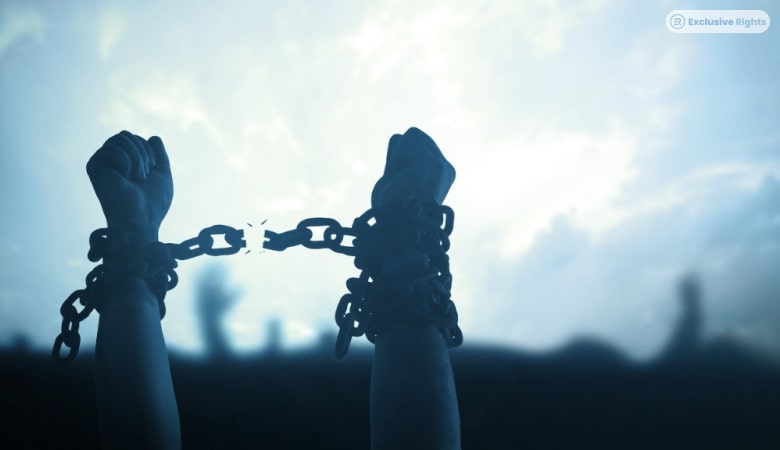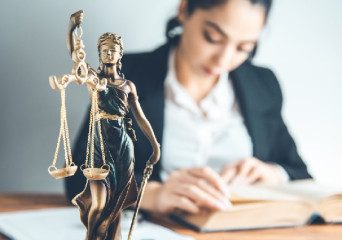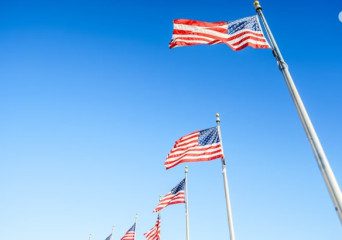
Table Of Contents
- So, What Does Freedom From Slavery Mean?
- Freedom from Slavery: Universal Declaration Of Human Rights
- What Is Slavery: You Might Ask?
- What Does The Universal Declaration Of Human Rights Say About Freedom From Slavery?
- Limitations To Freedom From Slavery
- How Is Slavery A Violation Of Human Rights?
- What Country Recognizes Freedom From Slavery As A Right?
- It’s A Legal Wrap!
What Does Freedom From Slavery Mean?
For ages, slavery has been a pressing issue all around the world. The journey from slavery to freedom.
Uganda has seen its fair share of the infringement of the Freedom from Slavery. The Lord’s Resistance Army has for the past two decades kidnapped more than 10,000 kids only to force them into servitude. These children have been made to serve as their soldiers or have been used as sex slaves.
Japan, a country known for its serenity and culture has also been the victim of woman and child trafficking. UNICEF has reported more than 50,000 children being forced to serve as slaves/prostitutes in the Philippines.
The State Department of the United States has also reported around 800,000 people are being illegally trafficked to other nations. These victims are mostly minors and include men, women, and children.
Refugee girls and young women originally from Iraq, Syria, Palestine, and Mexico make up a large part of the trafficked victims.
In most western nations including the United Kingdom, the US, and Canada, the government has fought back crimes committed by refugees with quick deportation to their homeland. This has been a major problem for refugees who escaped their country to find favorable human conditions in the asylum nations in the first place.
So, What Does Freedom From Slavery Mean?

To understand your rights against slavery and servitude, you must first understand what slavery really means. Most of us think about the African slaves which were ones brought by the European imperialists into what is now the United States of America. But slavery has always been rampant in most nations of the world.
Freedom from Slavery: Universal Declaration Of Human Rights

Article 4 of the Universal Declaration Of Human Rights lays down our rights to fight back against any form of servitude, slavery, or forced labor practiced by any government, corporate, or individual organization.
What Is Slavery: You Might Ask?

Slavery is the condition when your person is owned by another just as they own any piece of their property. Servitude, on the other hand, is quite similar to the concept of slavery. It means when a person is living on another’s land while working for them when they have been prohibited from leaving. But, servitude does not include ownership of the person.
Forced labor is when a person is forced to work in conditions that are not favorable for them or under terms that they never agreed to. A person continues forced labor for the fear of punishment.
The Slave trade has also been restricted under the same laws that prohibit slavery and servitude.
What Does The Universal Declaration Of Human Rights Say About Freedom From Slavery?

The UDHR which is a manifesto of Human Rights declares that the following shall be considered prohibited under the Right of Freedom from Slavery.
- No person shall be held by another as a slave or in servitude.
- No person shall be forced to carry on activities that they wouldn’t normally do when exercising free will.
- There are some exceptions to forced or compulsory labor according to judicial precedents. They are:
- When a person is detained in prison, they are often allocated set of responsibilities. A prisoner shall not consider these duties to be forced or compulsory labor. The government shall do the same.
- Any person who offers military service to their nation shall not fall under the forced labor category as they are merely doing their duties to their nation. Compulsory military services have often been considered a violation of Human Rights.
- Any service provided by a person during a national emergency or a natural calamity that threatens many lives, shall not be considered to be an act of servitude.
- A person acting in their civil capacity and carrying out their civil obligations shall also not be considered a slave of the government.
Limitations To Freedom From Slavery

You must be thinking that there couldn’t be any possible restrictions on your freedom from slavery. Well, there aren’t. Your rights when it comes to slavery, forced labor and servitude are completely indestructible. However, these rights might not apply to certain conditions.
They are:
- When the person is in prison.
- When the person is doing community service.
- When there is an emergency.
- When there is a natural or human-made disaster.
- During jury service or other civil obligations.
How Is Slavery A Violation Of Human Rights?
People participating in slavery practices or other forms of human trafficking are in actuality claiming ownership over the people they consider slaves. In such cases, the slaves cannot enjoy their basic Human Rights which can include the following.
- Their Right to Life.
- Their Right to Protection of their family and children.
- Their Right to social and political security.
- Their Right to Liberty and Personal Security.
- Their Freedom of Speech.
- Their Freedom of Thought and Expression.
- Their Right to Free movement.
- Their Right to associate with others.
- Their Right to a decent standard of living, including physical and mental health standards.
- Their Right to have favorable conditions at their workplace and on their own terms.
- And their Right against slavery, forced labor, and servitude.
What Country Recognizes Freedom From Slavery As A Right?

Most countries in the world have abolished slavery including the United States, England, Canada, Russia, Japan, Portugal, India, France, and pretty much all nations of the world. However, we do hear instances of violations of Freedom from Slavery even today in the 21st century.
It’s A Legal Wrap!
Slavery can be a sensitive matter for a lot of us. Most African Americans can come up with some story or the other of their ancestors going through hellish conditions when they were brought into the country as slaves.
Civil rights have since gone a long way and continue to develop as the fight for equality goes on. The Universal Declaration Of Human Rights, the American Constitution, and the Civil Rights Act, in particular, have been terrific protectors of the civil rights and freedoms of the citizens. Freedom from Slavery was the first step to achieving an egalitarian society.
Do let us know if you found the article informative.
Please leave a comment if you have any doubts or discussions about the article.
Read Also:









